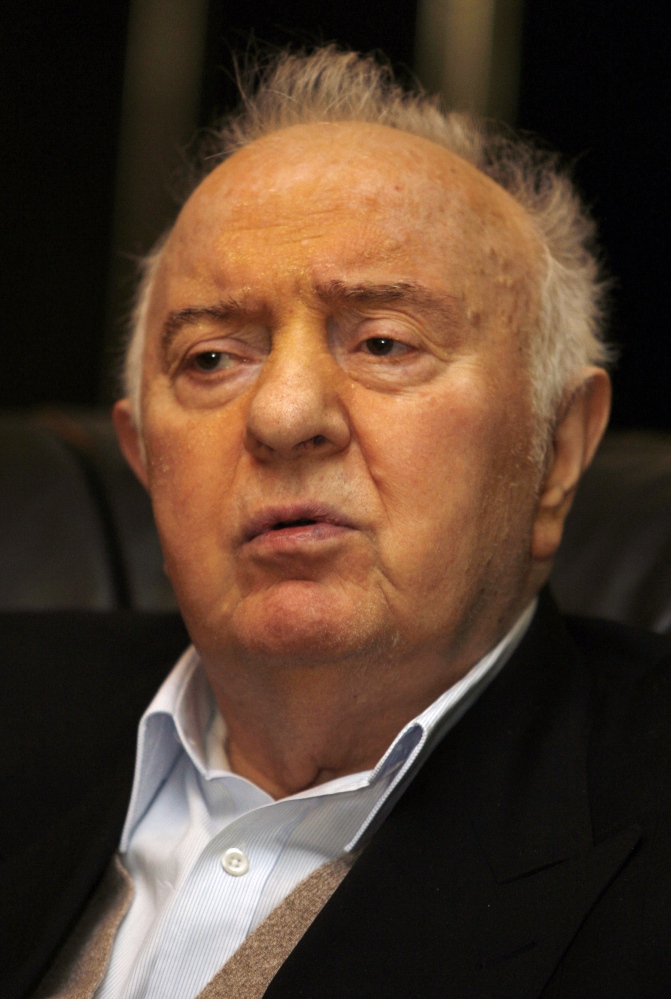TBILISI, Georgia — Eduard Shevardnadze was a key figure in revolutions abroad and the victim of one at home. As the Soviet Union’s foreign minister, he helped topple the Berlin Wall and end the Cold War, but as the leader of post-Soviet Georgia his career in the public eye ended in humiliation when he was chased out of his parliament and forced into retirement.
Shevardnadze died Monday at the age of 86, a decade after he left office. His spokeswoman said he died after a long illness, but did not elaborate.
The white-haired man with a gravelly voice was the diplomatic face of Mikhail Gorbachev’s liberalizing policies of glasnost and perestroika. Following the wooden Andrei Gromyko, Shevardnadze impressed Western leaders with his charisma, his quick wit and his commitment to Gorbachev’s reform course.
He was a main advocate of the policy of allowing the Warsaw Pact countries to seek their own political courses. It became known as the Sinatra Doctrine, a joking reference to the song “My Way,” and was a major break with the old Brezhnev Doctrine of keeping the satellite states on a tight leash.
“He made a large contribution to the foreign affairs policy of perestroika, and he was a true supporter of new thinking in global affairs,” Gorbachev told Interfax Monday.
“His appointment as the foreign minister was unexpected for many people, but he capably conducted affairs in that post and it wasn’t for nothing that he was valued by diplomats, his comrades at work and foreign partners.”
Shevardnadze helped push through the withdrawal of Soviet troops from Afghanistan in 1989, signed landmark arms control agreements, and helped negotiate German reunification in 1990 – a development that Soviet leaders had long feared and staunchly opposed. “I think one can say that he was one of the significant and outstanding statesmen of the 20th century,” Hans-Dietrich Genscher, Shevardnadze’s West German counterpart in the late 1980s, told The Associated Press.
Former U.S. Secretary of State James Baker added: “Eduard Shevardnadze will have an honored place in history because he and Mikhail Gorbachev refused to support the use of force to keep the Soviet empire together.”
Send questions/comments to the editors.



Success. Please wait for the page to reload. If the page does not reload within 5 seconds, please refresh the page.
Enter your email and password to access comments.
Hi, to comment on stories you must . This profile is in addition to your subscription and website login.
Already have a commenting profile? .
Invalid username/password.
Please check your email to confirm and complete your registration.
Only subscribers are eligible to post comments. Please subscribe or login first for digital access. Here’s why.
Use the form below to reset your password. When you've submitted your account email, we will send an email with a reset code.